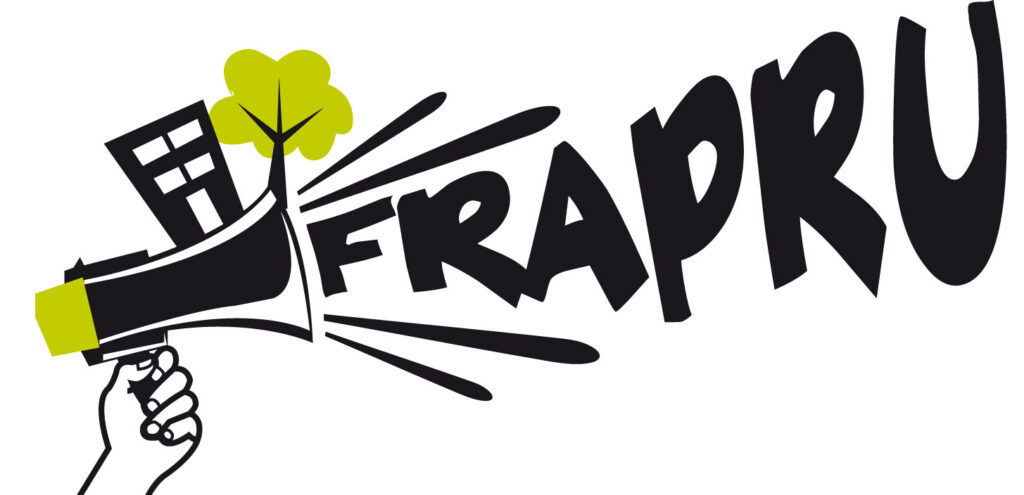Montreal, April 17, 2024 – Front d’action populaire en réaménagement urbain (FRAPRU), a Quebec-based group for the right to housing, is delighted that housing is finally a priority in the budget tabled by federal Finance Minister Chrystia Freeland. According to the housing advocacy group, the budget marks a necessary shift in the allocation of public funds set aside for housing, with some recognition of the importance of earmarking funds for the non-profit sector and the most vulnerable populations. While FRAPRU appreciates the importance attached to the housing crisis, it notes that low- and modest-income tenant households, who are the first victims of this crisis, seem to be the least well served by the budget announcements.
« The budget claims to add 2 million new housing units, but there is no target for social housing, whether in the form of public housing, cooperatives or non-profit housing organizations, » notes FRAPRU spokeswoman Véronique Laflamme. In her view, this is a major gap, given that Canada’s new housing plan is based on the commitment that no one in Canada will have to spend more than 30% of their income on housing. Yet 1.6 million renter households in Canada, including 373,600 in Quebec, spend more than the standard 30% of their income on housing. The median income of Quebec tenant households in this situation is just $23,800. Despite this, only $976 million over 5 years is earmarked for the new rapid housing creation component, the only one aimed at building « very affordable » housing, and it is the construction of largely unaffordable housing, mainly by the private sector, that still receives the lion’s share of federal funding.
Public land put to good use?
The insistence on mobilizing public land for housing purposes, firstly federal, then provincial, then municipal, is the big revelation of today’s budget, since the other housing announcements have been scattered over the last few days. FRAPRU appreciates the willingness to lease these lots on a long-term basis, or to sell them for $1. However, it insists that public, cooperative and non-profit organizations should benefit from such measures. The government needs to give a very clear direction, whether through its Federal Lands Initiative, its Plan for the Residential Use of Public Land, its new Canada Post housing program, or the new Public Lands Action Council announced in the budget.
And yet, while the budget mentions these organizations, it does not emphasize the indispensable contribution they can make. They represent the means to ensure both the affordability of the housing built, and its harmonious integration with the surrounding neighborhoods. Both of these challenges are present in the case of the Bassin Wellington in Montreal’s southwest, rightly mentioned as an upcoming project in the budget.
Solving the housing crisis? More is needed
Given the budget’s claims to address the housing crisis, and the fact that the full details of new funds such as the Rent Protection Fund and the much-revamped Affordable Housing Fund are not yet known, FRAPRU is hoping for additional concrete measures to ensure that federal funds will flow more quickly than has been the case in recent years, and that steps will be taken to ensure that social and community housing projects have priority access to them. « If the $8.5 billion over 5 years that the budget earmarks for more affordable housing were reserved for social housing, we’d be taking a big step in that direction, » concludes Véronique Laflamme.
-30-
Infos :
Véronique Laflamme, FRAPRU : 418 956-3403; Catherine Lussier, FRAPRU : 514 231-2309
